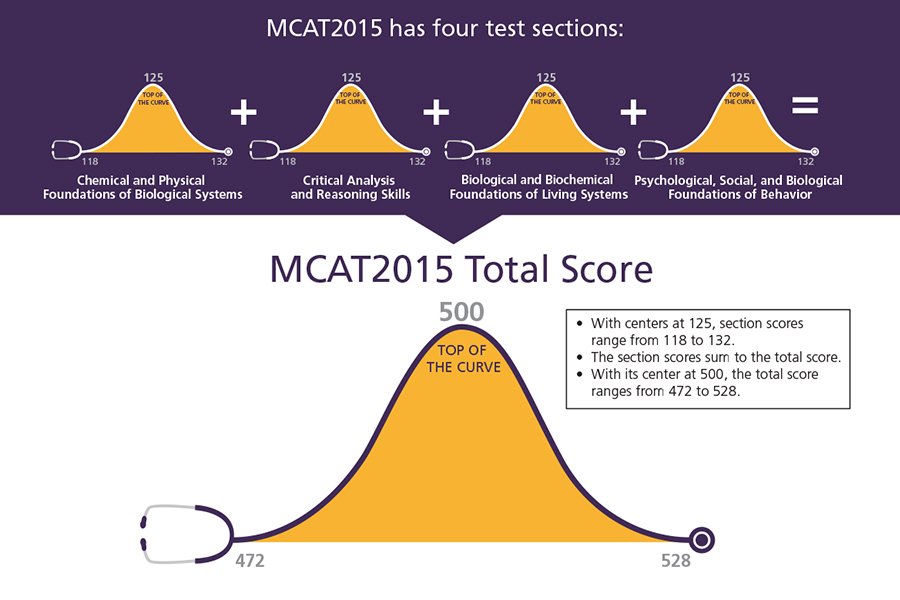Medicine
Pre-Med Handout
Modern medicine generally refers to clinical practice: the diagnosis, treatment and prevention of disease by a physician. That physician may be an allopathic physician (MD) or an osteopathic physician (DO).
Physicians train in two types of medical schools: allopathic (granting the MD degree) and osteopathic (granting the DO degree). Osteopathic medicine was developed in the 1870s by an allopathic physician who felt there was undue focus on disease at the expense of preventative care and treating illness within the context of the whole body. MDs and DOs are trained similarly, completing medical education and residency, and can practice in all of the same specialties in the US.
MD vs. DO: What's the Difference?
The Association of American Medical Colleges (AAMC) and the Association of American Colleges of Osteopathic Medicine (AACOM) oversee allopathic and osteopathic medical education, respectively, and provide a wealth of information for aspiring physicians.
Academic Preparation
There is no required or recommended major. You should pursue a major that you will enjoy AND do well in. The average GPA for an admitted medical student is 3.7 so it is important you plan a course schedule that is balanced and allows you to succeed.
Pre-medical students pursue their major alongside medical school prerequisites that often include the courses listed below. Most medical schools have similar requirements that align with MCAT academic preparation. Please make sure to research your schools for specific requirements.
| Course | course at usf | Units |
|---|---|---|
| General Biology I Lecture/Lab | BIOL 105 & 105L | 4 |
| General Biology II Lecture/Lab | BIOL 106 & 106L | 4 |
| General Chemistry I Lecture/Lab | CHEM 111/112 | 3/1 |
| General Chemistry II Lecture/Lab | CHEM 113/114 | 3/1 |
| Organic Chemistry I Lecture/Lab | CHEM 230/232 | 3/1 |
| Organic Chemistry II Lecture/Lab | CHEM 231/234 | 4/1 |
| Intro to Physics I Lecture/Lab | PHYS 100/100L | 4 |
| Intro to Physics II Lecture/Lab | PHYS 101/101L | 4 |
| Fundamentals of Biochemistry or Biochemistry I | CHEM 356/CHEM 350 | 4 |
| General Psychology | PSYCH 101 | 4 |
| 1 Statistics Course | Any department | 3-4 |
Note: Calculus is not a common requirement for medical school, nor is the content on the MCAT. Use the prerequisite spreadsheet linked above to research your specific programs.
Experiences
Applying to medical school is a highly competitive process that often requires a significant amount of experiences. MD programs have identified 15 Core Competencies for Entering Medical Students that can also provide a framework by which to seek out experiences.
Additionally, the AMCAS common application for MD programs allows up to 15 activities to list on your application. This includes a variety of experiences- from those pre-med related (shadowing, hospital volunteering, research) to employment, student activities, community service and more. See the Gain Experiences page for more information.
The successful medical school applicant from USF usually presents these activities on their application:
- Clinical Experiences: Thorough and varied, some examples include: hospital/clinic volunteer, hospice volunteer, medical scribe, medical assistant, EMT and shadowing.
- Research: While not an explicit requirement, it is highly recommended that pre-med students engage in some form of research. There is not a typical preference for which type of research you engage in but many medical schools have a strong research mission and often expect that of their successful applicants.
- Community Engagement: Medicine is a helping profession so it is imperative that applicants show a strong demonstration of helping others- in a variety of capacities. This can vary depending on your interests and causes that may matter to you.
- Leadership: Being a physician encompasses strong leadership traits and the ability to lead others in a health setting. Showing medical schools you possess leadership traits can be showed in a variety of ways and from a variety of activities- from leading a student organization to training others in your research lab.
Application Components
Timeline
The application process for medical school is a lengthy one, beginning over a year before entering. The AMCAS (MD) application typically opens during the first week of May each year for the following year’s medical school class and the first day to submit is typically at the end of the month. Osteopathic Medical Schools (DO) follow a similar timeline.
Note: While many students come in with a desire to go straight through to medical school with no gap year, this is not common. When applicants apply at the end of their junior year, none of their senior year (grades, experiences, letters of recommendation) is considered in their application. This often puts students at a disadvantage, being that it is more difficult to adequately prepare in three years. We also find that the MCAT plays a crucial role in the timeline, as most of our students take this exam the summer after their junior year once they have satisfied the prerequisites needed.
MCAT
The Medical College Admission Test® (MCAT®) is a standardized, multiple-choice examination designed to assess your problem-solving, critical thinking, and knowledge of natural, behavioral, and social science concepts and principles prerequisite to the study of medicine.
The average MCAT score of an admitted USF medical school applicant is 506 for DO programs and 511 for MD programs.
Letters of Recommendation
You will be expected to submit between 3-5 letters of recommendation when applying to medical school. Use your best judgment to find people who know you well and are willing to advocate on your behalf. Don't underestimate the power of strong letters!
-
2 "science" letters, from professors who have taught you in a biology, chemistry, physics or math/stats course.
-
1 "non-science" letter, especially if you are not majoring in the sciences, or have a humanities/social sciences minor.
-
Additional letters from those who know you well- often, researchers, supervisors, physicians who you have shadowed/worked with.